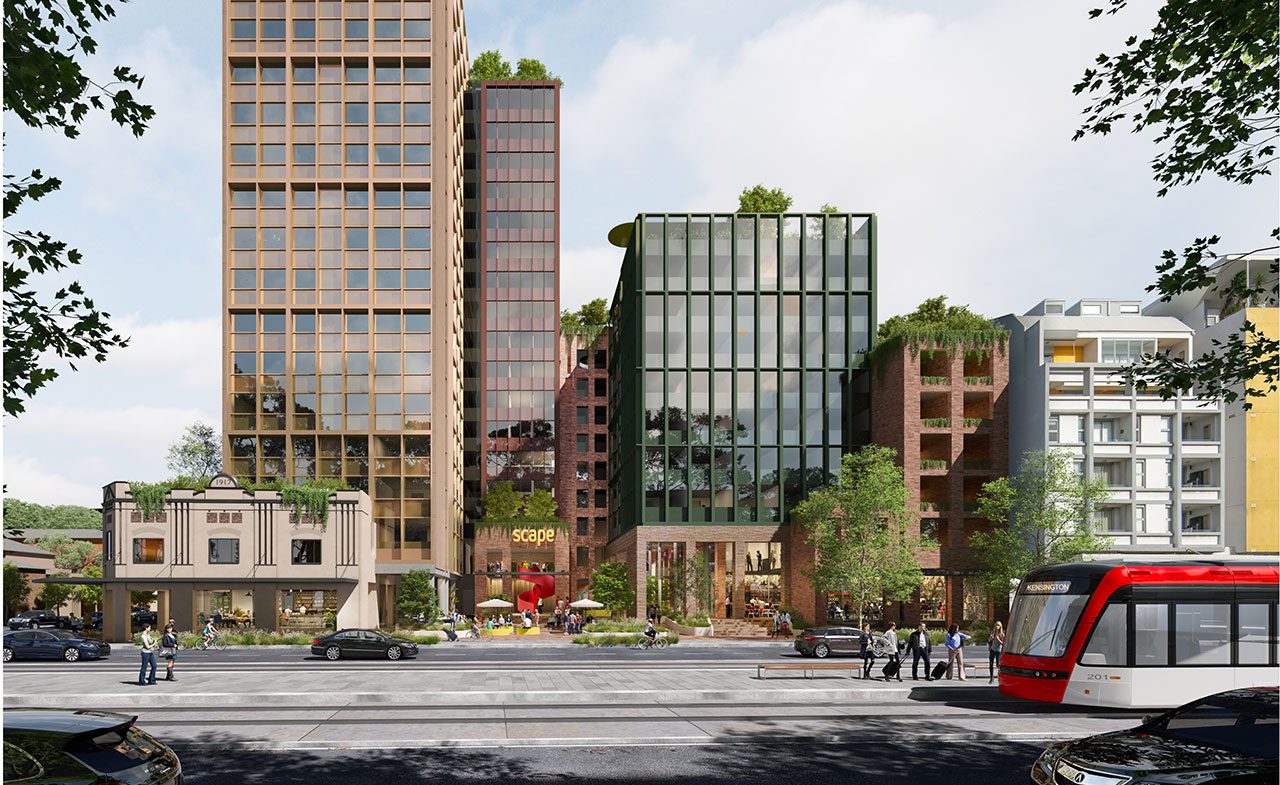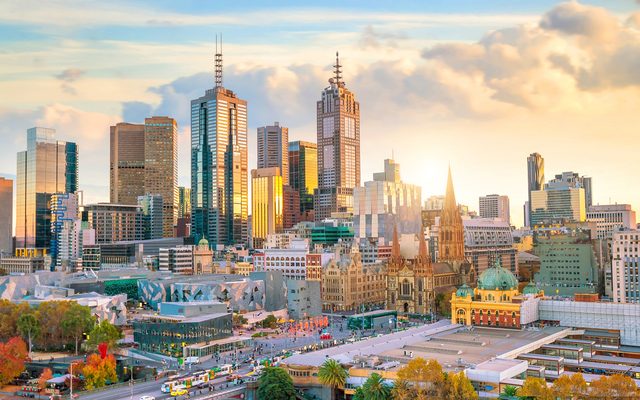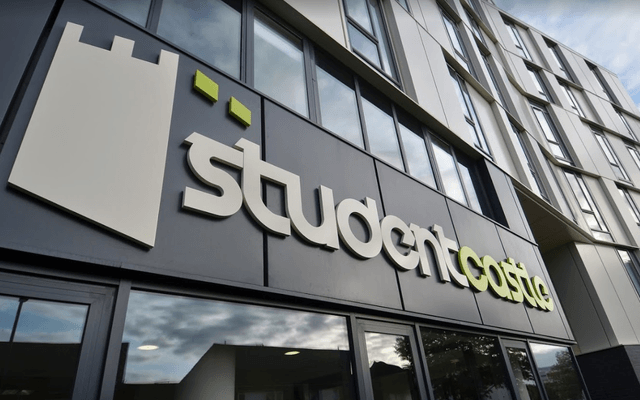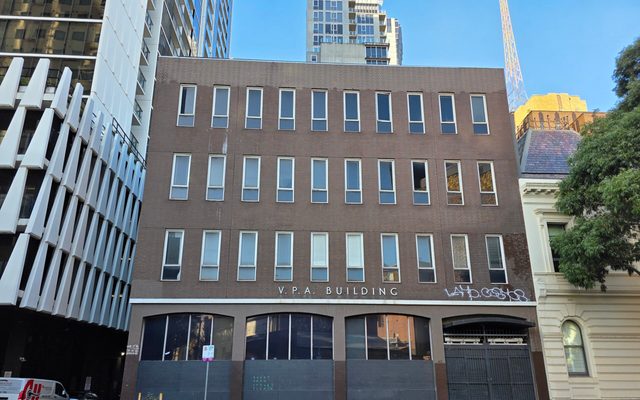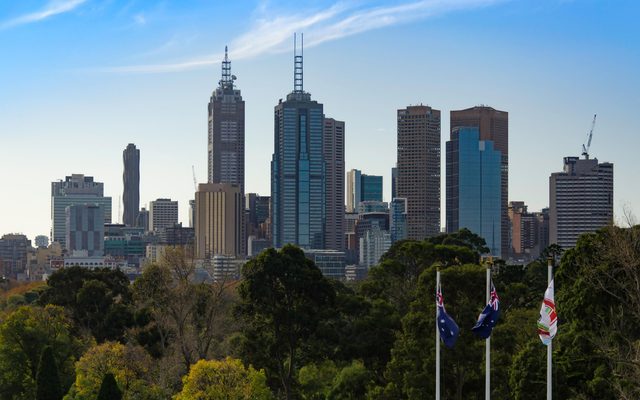This article is from the Australian Property Journal archive
STUDENT accommodation giant Scape has shrugged off the current shutdown of university travel and movement of international students, moving ahead with development applications for four new facilities worth a combined $300 million in Sydney’s Randwick.
Scape has been planning for over a year to invest $1 billion in the Kensington and Kingsford precincts over the next five years. The area is home to the Prince of Wales Hospital, Sydney Children’s Hospital, Randwick Racecourse and the University of New South Wales.
Five buildings will stand along Anzac Pde, along a light rail corridor, ranging in height from six to 19 storeys and comprising over 1,650 accommodation rooms, 8,500 sqm of retail and commercial spaces and public domain work featuring laneways, plazas and multi-purpose spaces.
Key workers will also be housed in the buildings.
Plans were a step closer to fruition after the Department of Planning gave the green light for Randwick Council’s Kensington to Kingsford Planning Proposal, also known as K2K rezoning strategy.
Up to 1,800 construction jobs to be created in the immediate future by the Scape projects, which it estimates will have a flow through economic impact of over $2 billion.
In collaboration with Randwick City Council, Scape held four design competitions for each building. Architectural firms BVN, SJB, PTW and Plus Architecture were selected for their designs.
“The innovative developments will also support future growth of the Randwick Health and Education precinct with the delivery of much needed rental residential accommodation,” Scape executive chairman, Craig Carracher said.
International education was worth $40.4 billion each year to the Australian economy as of March, prior to the first COVID-19 lockdowns. Universities across the country have been reeling from the loss of lucrative international student fees, and massive job losses have been seen across the sector while some institutions have moved to offload valuable real estate to free up capital. UNSW slashed 493 jobs as it prepared for a revenue hit of between $30 million to $40 million.
However, Scape is confident demand will bounce back.
“In a post COVID world, the weight of demand from across Asia, Europe and South America will rise again from students seeking a world-class education in Australia,” Stephen Gaitanos, Scape’s managing director and group CEO said.
“The opportunity to continue to develop and invest in innovation and academic centres of excellence is a once in a generation opportunity.”
Scape says it is transforming “dilapidated parts of Kensington and Kingsford with high crime rates into a high-quality ecosystem”, and that the new developments will replace the “current low-quality boarding house dwellings into state-of-the-art rental accommodation which will dramatically improve safety and security in these areas”.
The K2K initiative has been met with criticism from locals, who believe the safety of schoolchildren in the area would be at greater risk with an increase in congestion.
“As owner occupiers with a long-term, whole-of-life interest in our buildings, we are committed to the triple bottom line of projects including environmental, social and economic consideration,” Gaitanos said.
Designs are targeting 5 Star Green Star ratings, supported by initiatives such as car share, e-bikes, rainwater reuse and highly landscaped zones.
The state government has invested over $1.6 billion into the CBD and south east light rail, as well as $700 million in the expansion of Randwick’s education and health facilities.
Last year, Scape completed its $2.2 billion acquisition of Urbanest, purchasing 6,805 beds across student accommodation in Sydney, Melbourne, Brisbane and Adelaide, and it also acquired the Atira portfolio of facilities totalling 3,510 beds, controlled by funds manager Blue Sky and investment bank Goldman Sachs.
Scape is currently constructing two projects in Sydney with a combined construction value of $110 million. Scape Redfern is being built in conjunction with the Aboriginal Housing Company, and the second is in Darlington.
